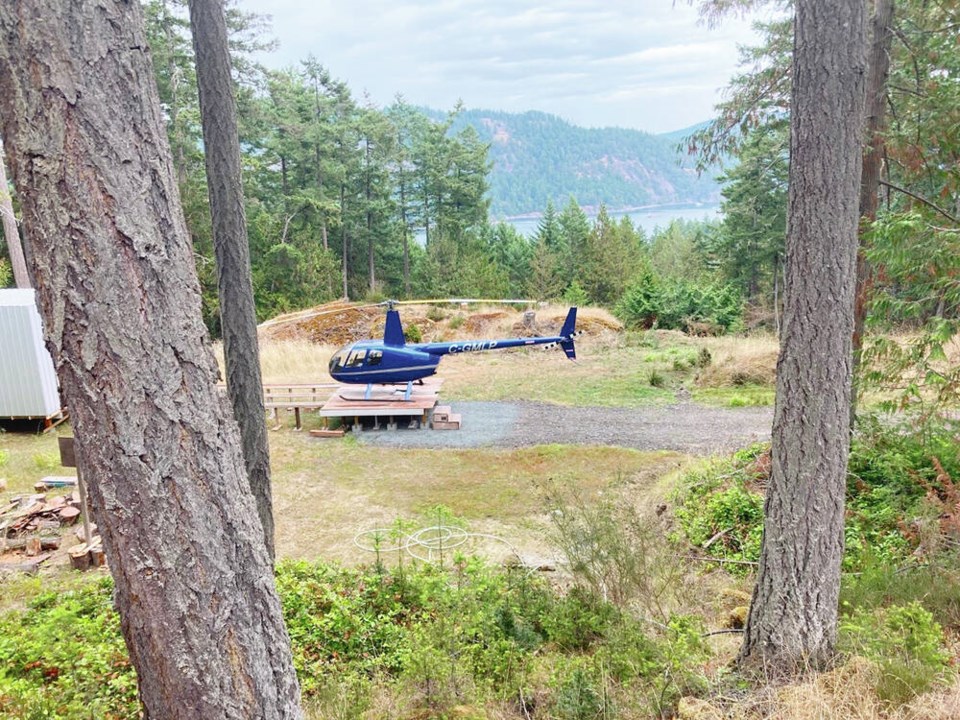A commentary by the chief pilot at West Coast Helicopters, who is also a Campbell River city councillor.
Re: “Helicopter coming, going from yard irks Pender neighbours; pilot says he’s being harassed,” Sept. 5.
When I read about politicians and legislators wanting to create a new regulation to industry simply because they see it as a nuisance, I become worried.
The helicopter industry in Canada is the second largest in the world, next to the United States. What makes the industry unique to the rest of the world is it is 90 per cent utility flying.
Every time you see a helicopter fly overhead, chances are, it is transporting medical patients, supporting infrastructures like B.C. Hydro or Telus, or it may be transporting firefighters or resource workers.
Tourism or pleasure flying is a tiny part of the industry in Canada.
I flew a helicopter low level over Pender Island this summer with a fire crew to investigate a smoke report. All helicopter pilots work hard to avoid flying low over residential properties; however, this is not always possible due to the nature of the work.
My concerns are with a new North Pender Island Local Trust Committee bylaw.
1. It will be impossible to enforce. The difference between a private and commercial aircraft is nothing more than how it is registered. Any offender of this bylaw could simply register their aircraft under a company operating certificate. Now the aircraft is compliant with the bylaw.
2. How is this regulation going to fit within the other two layers of government? Aviation is federally regulated; municipal and provincial regulations have no jurisdiction.
3. Bylaws tend to be contagious. Many bylaws come across council desks simply because other communities have done the same. This bylaw will merely spread the confusion and dysfunction across the West Coast.
The aviation industry is a heavily regulated industry under federal jurisdiction. Increasingly, I have noticed other levels of government adding their regulations onto the industry with little to no consultation.
This solves few problems but creates complexity and confusion. These regulations from different levels of government are often tricky to impossible to follow or enforce.
Creating a bylaw because a small group of people find something “annoying” is not the most effective way to address this issue.
- - -
Comment on this article by sending a letter to the editor: [email protected]



